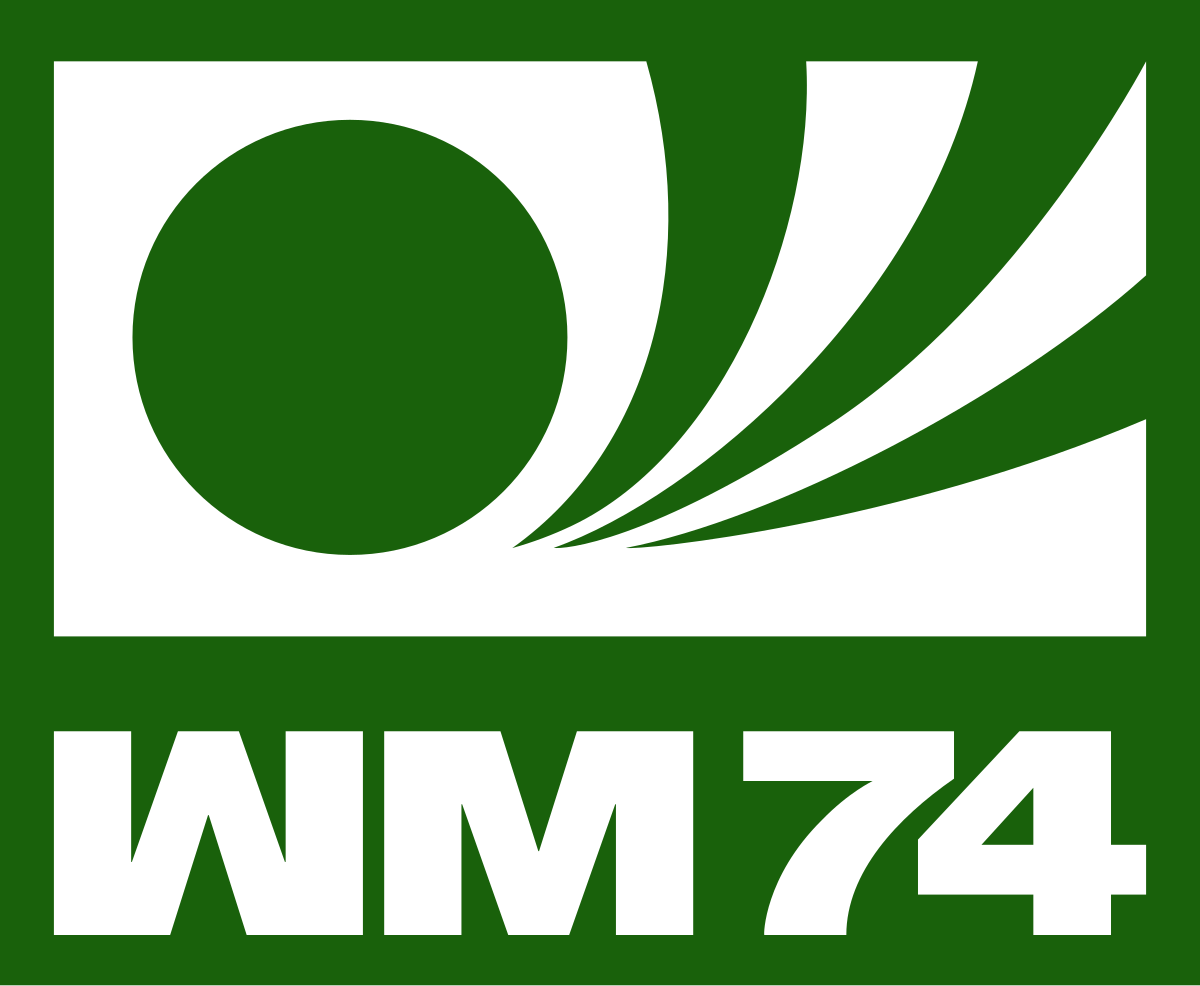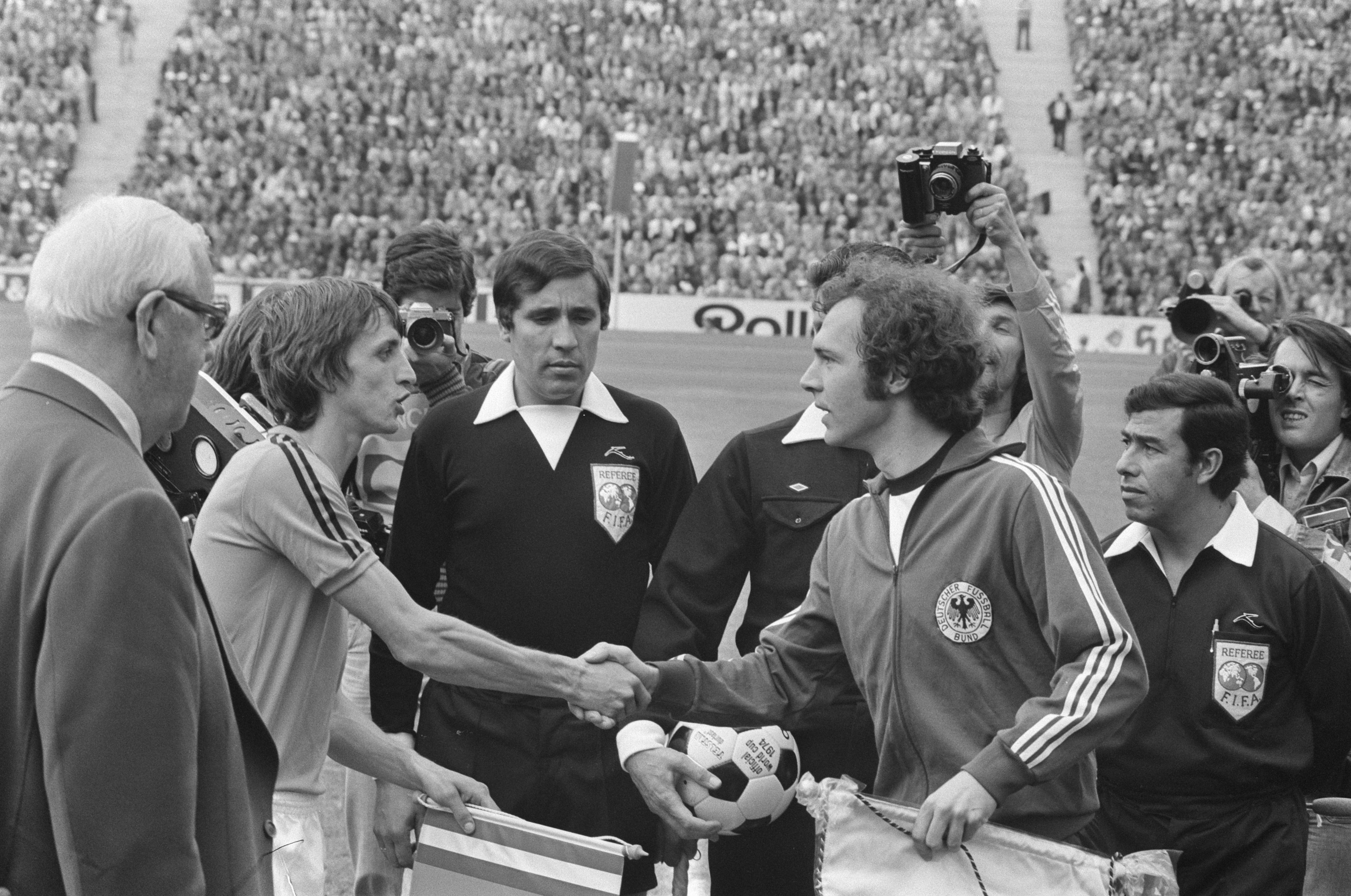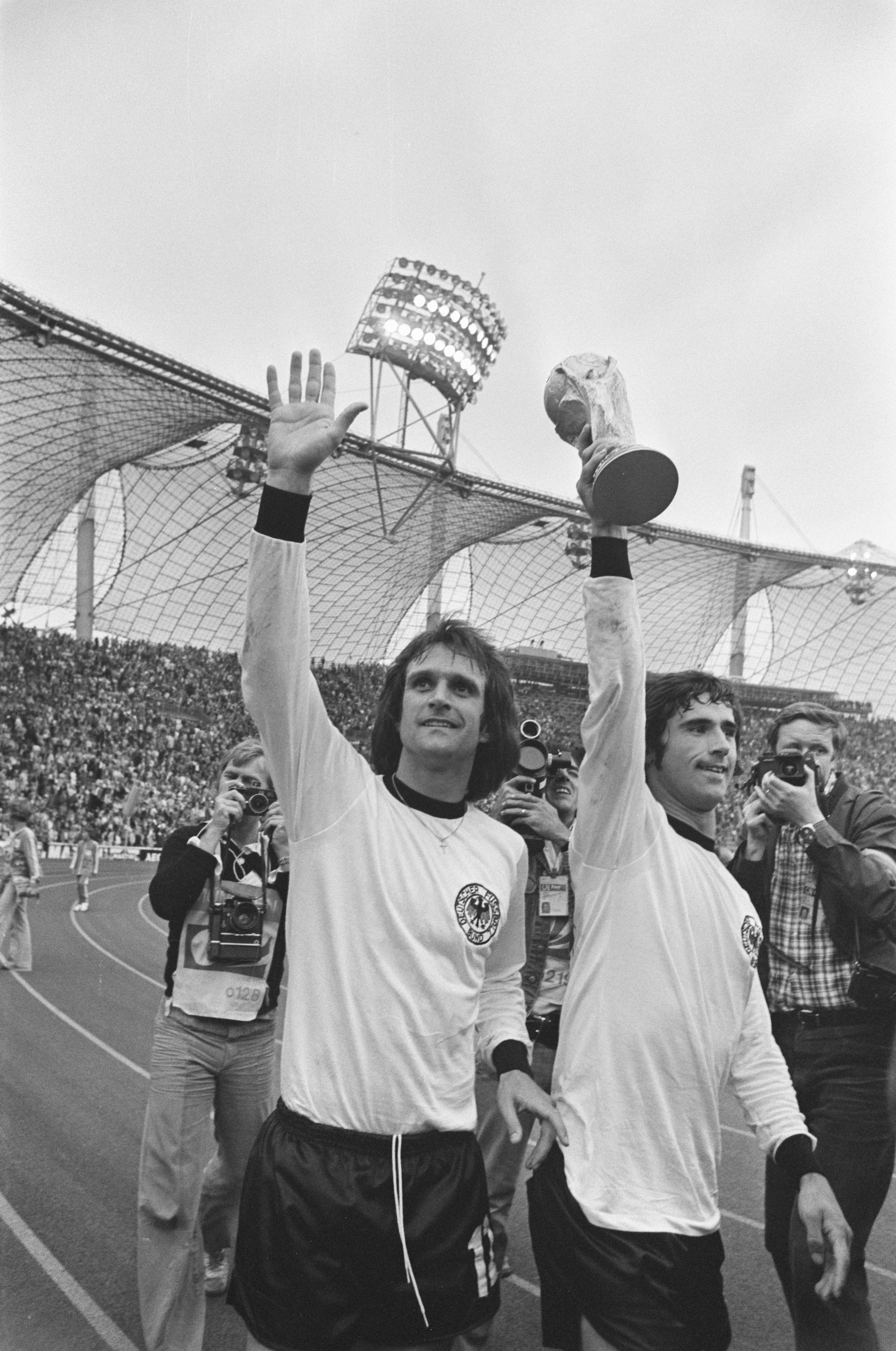1974 FIFA World Cup

West Germany's Triumph
The 1974 FIFA World Cup, held in West Germany, was a tournament that shaped the future of football. West Germany claimed their second World Cup title, defeating the Netherlands in the final in a match that is still remembered for its intense drama and groundbreaking football. This tournament introduced a new generation of footballing talent and tactical evolution, featuring innovations that would define the future of the sport.
Host Selection and Preparations
The 1974 World Cup was awarded to West Germany in 1970, and the country set about preparing for the event with great determination. The tournament would be the first World Cup held in West Germany, following their successful 1972 European Championship win. The government and local organizing committees worked tirelessly to build new stadiums, refurbish existing ones, and ensure that the tournament could be held on the grandest stage possible. The World Cup matches were played in nine cities across West Germany, including Munich, Hamburg, and Frankfurt.
The political climate of the time added a layer of complexity to the preparations. Despite the tense Cold War atmosphere and the division of Germany, the World Cup served as an opportunity for the country to showcase its unity and pride. The West German authorities hoped to present the country as a peaceful and prosperous nation after the turbulent post-war years.
The Group Stage
The 1974 World Cup featured 16 teams and saw the introduction of a new format: two initial group stages. The teams were divided into four groups of four, and the top two teams from each group advanced to the second round. The group stage provided its fair share of surprises, with some of the world’s top teams faltering early on.
West Germany, playing on home soil, were placed in Group 1 alongside East Germany, Chile, and Australia. Their opening match against Chile was a comfortable 1-0 win, and they went on to secure top spot in the group, although their match against East Germany ended in a disappointing 0-1 loss. This loss added an element of unpredictability to the tournament, but West Germany remained confident in their ability to go far in the competition.
Meanwhile, the Netherlands, led by the legendary Johan Cruyff, were placed in Group 4. The Dutch revolutionized the sport with their “Total Football” style, dominating their group and showcasing the attacking brilliance that would later define their team in the years to come. Their 4-0 win over Argentina in the group stage was a statement of intent, and it was clear that the Netherlands would be a force to be reckoned with throughout the tournament.
The Second Round: Tactical Battles
The second round saw the top teams from each group face off in a series of tactical battles. West Germany faced Yugoslavia in the opening match of the second stage, securing a 2-0 win. The game was a showcase of the efficiency and strength of the West German team, with goals from Gerd Müller and Wolfgang Overath. With this victory, West Germany advanced to the semi-finals, where they would meet Brazil in what was expected to be a classic encounter.
In their match against Brazil, the defending World Cup champions, West Germany produced a brilliant performance, securing a 1-0 victory. The match is remembered for its intense drama, as Brazil’s attacking brilliance was matched by West Germany’s resolute defense and tactical discipline. The victory sent West Germany to the final, where they would meet the Netherlands in what would become one of the most memorable finals in World Cup history.
The Final: West Germany vs. Netherlands
The final of the 1974 World Cup was a historic clash between the hosts, West Germany, and the Netherlands. The match began in dramatic fashion, with the Netherlands earning a penalty in the opening minute. Johan Neeskens converted the penalty, giving the Dutch an early 1-0 lead. However, West Germany quickly responded. In the 26th minute, Paul Breitner converted a penalty of his own to equalize, and just before half-time, Gerd Müller scored to give West Germany the lead.
The second half saw both teams fighting for control of the game, but it was West Germany’s tactical discipline and experience that ultimately proved decisive. The Dutch, although dominant in possession, were unable to break down the West German defense. West Germany held on to win 2-1, claiming their second World Cup title. The final is still regarded as one of the most intense and dramatic matches in World Cup history.

Gerd Müller: The Silent Hero
While the likes of Johan Cruyff captured the attention of the world, it was West Germany’s Gerd Müller who became the true hero of the tournament. Müller, often referred to as “Der Bomber,” was the top scorer of the 1974 World Cup, scoring a total of 10 goals. His goals in the knockout rounds, particularly his winner in the final, cemented his status as one of the greatest strikers in the history of the World Cup.
Known for his incredible poise in front of goal and his ability to score in the most difficult of circumstances, Müller’s clinical finishing proved decisive for West Germany. His goals made the difference in several key matches, and his overall contribution to the tournament was invaluable to the success of the team.

The Netherlands: The Runners-up
The Netherlands’ journey to the final was remarkable, and they earned admiration from fans worldwide for their innovative style of play. Under the guidance of manager Rinus Michels, the Dutch revolutionized football with their “Total Football” approach, where players were interchangeable and focused on fluid movement. This tactical philosophy brought them to the final, where they were ultimately defeated by West Germany.
Despite their loss, the Netherlands’ team was praised for their technical brilliance and ability to dominate possession. Their performance in the tournament would go on to influence the future of football, with many teams adopting elements of their playing style in the years to come.
Legacy of the 1974 World Cup
The 1974 World Cup marked the dawn of a new era in football. West Germany’s triumph signified their place among the world’s elite footballing nations, while the Netherlands’ emergence as a footballing powerhouse set the stage for future successes. The tournament’s tactical innovations, particularly the “Total Football” style introduced by the Dutch, would go on to shape the sport for decades to come.
The tournament also signaled the end of an era, with traditional powerhouses like Brazil and Argentina faltering early on. The 1974 World Cup demonstrated the importance of tactical evolution in modern football and is often considered a turning point in the sport’s history.
The Tournament in Numbers
The 1974 World Cup featured 38 matches, with a total of 97 goals scored. Gerd Müller’s 10 goals earned him the Golden Boot as the tournament’s top scorer, while the Dutch team was widely regarded for their innovative football. The tournament also marked the first appearance of new technologies, such as the introduction of a new penalty format and improved television coverage, which would have a lasting impact on the World Cup's global appeal.
Conclusion
The 1974 FIFA World Cup will always be remembered for its groundbreaking football and the triumph of West Germany. Gerd Müller’s goals, the Netherlands’ Total Football, and the tournament’s tactical evolution defined the event and shaped the future of the game. For West Germany, it was a proud moment in their footballing history, and for the football world, it was a tournament that paved the way for modern football tactics and styles.
More than just a sporting event, the 1974 World Cup was a celebration of football’s evolution, and its legacy continues to influence the beautiful game to this day.

